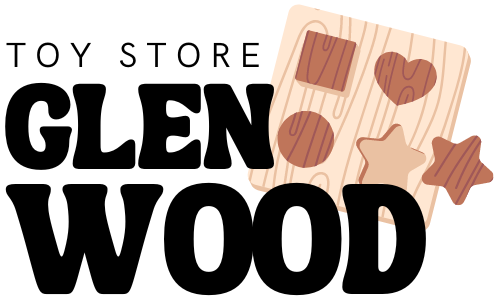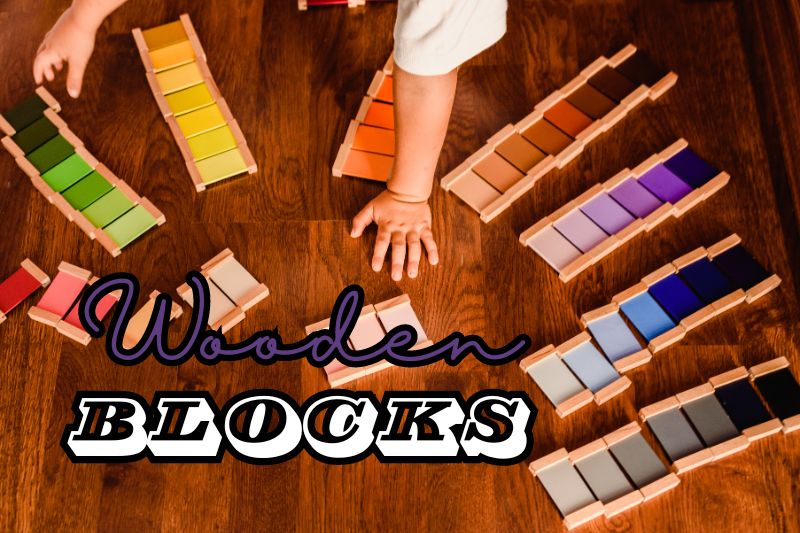Imagine a toy that can entertain, educate, and promote creativity all at once. Wooden blocks do just that. These classic toys are not only fun but also pack a powerful developmental punch. From enhancing fine motor skills to fostering social interaction, wooden blocks are a must-have for any child.
Let’s discuss the many reasons why wooden blocks are indispensable for your child’s growth.
1. Boosts Fine Motor Skills
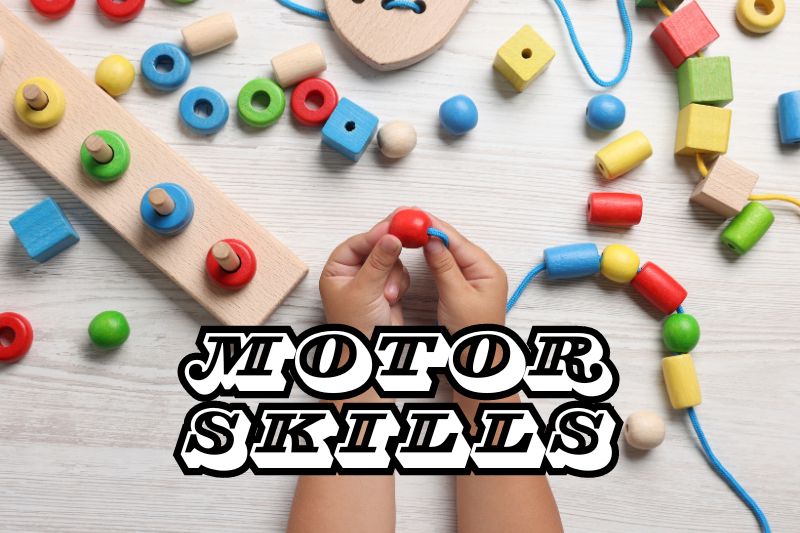
Wooden blocks help children develop fine motor skills. When kids pick up, stack, and arrange blocks, they are practicing the precise movements needed to control small muscles in their hands and fingers. This is crucial for tasks such as writing, buttoning clothes, and tying shoelaces. Grasping blocks helps strengthen hand muscles.
Balancing blocks on top of each other improves hand-eye coordination. Arranging blocks by size, shape, or color enhances dexterity. Each of these activities contributes to the development of fine motor skills.
2. Encourages Creativity and Imagination
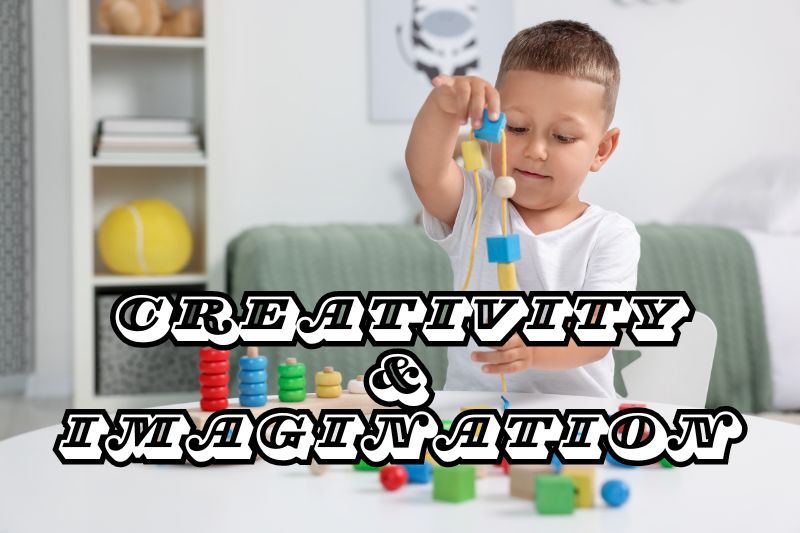
Wooden blocks are open-ended toys, meaning they can be used in countless ways. This encourages children to use their imagination and think creatively. Kids can build anything from castles to cars, fostering a sense of creativity and innovation.
3. Enhances Cognitive Development
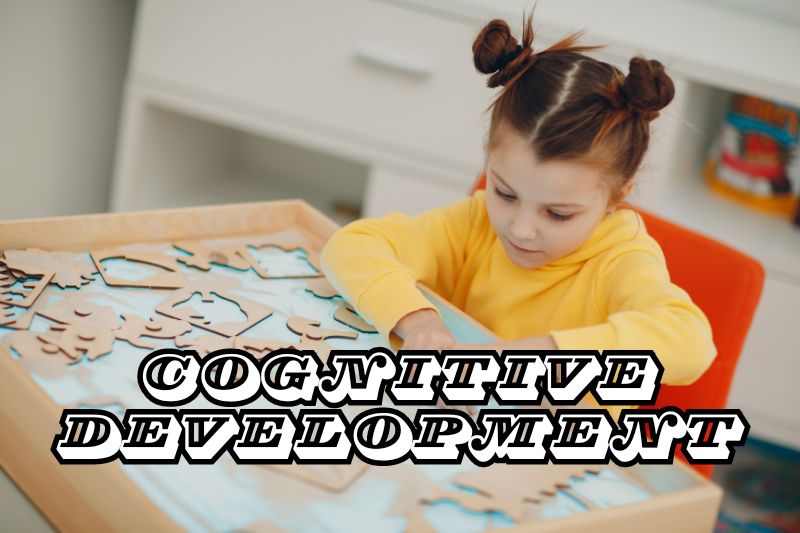
Playing with wooden blocks promotes cognitive skills such as problem-solving, spatial awareness, and logical thinking. When children figure out how to build a stable tower or fit pieces together, they engage in critical thinking and planning. Problem-solving is enhanced as children find solutions to make their structures stand.
Spatial awareness improves as they understand how different pieces fit together. Logical thinking is developed as they plan and execute complex designs. These cognitive benefits are crucial for overall development.
4. Supports Social Skills and Collaboration
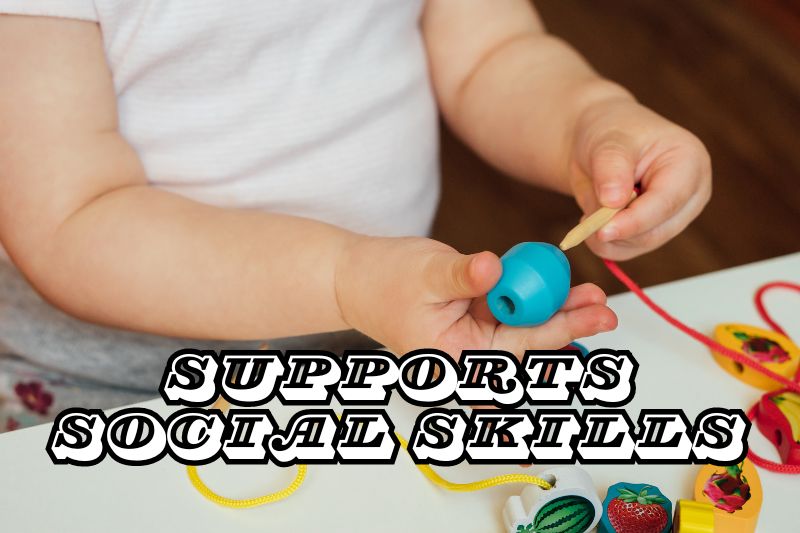
Wooden blocks are perfect for group play, helping children develop social skills. Working together to build a structure teaches cooperation, communication, and teamwork. Children learn to share, take turns, and listen to others’ ideas. Team building can involve collaborating on large construction projects.
Role-playing with blocks can create scenarios that require cooperation. Sharing blocks helps practice taking turns and sharing resources. These social interactions foster important skills for future relationships.
5. Teaches Basic Math Concepts
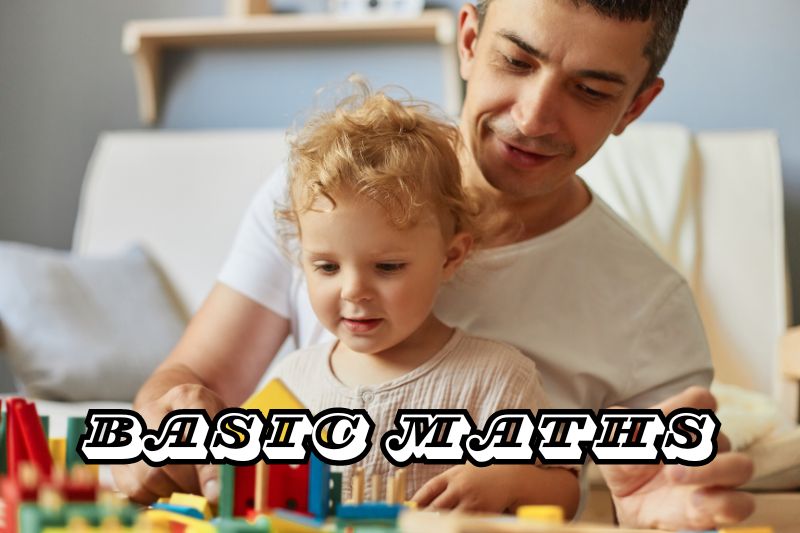
Wooden blocks introduce children to basic math concepts in a fun and engaging way. Counting blocks, recognizing shapes, and understanding size relationships lay the groundwork for math skills. Counting the number of blocks in a tower helps with number recognition. Identifying and naming different shapes enhances shape recognition.
Learning about size comparisons, such as big, bigger, and biggest, introduces basic concepts of measurement. These activities make math fun and accessible.
6. Improves Language and Communication Skills
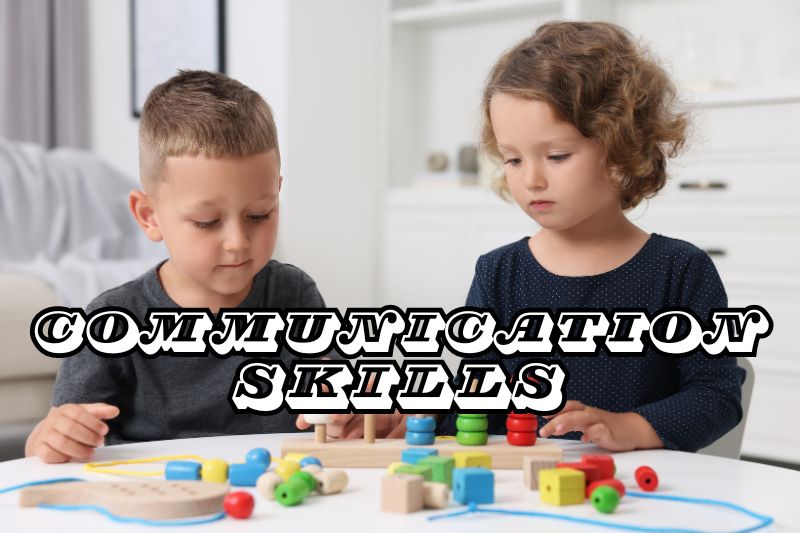
When children play with wooden blocks, they often describe their creations and explain their thought processes. This enhances their vocabulary and communication skills. Playing with others also encourages dialogue and storytelling. Descriptive language is used to talk about structures.
Storytelling involves creating and narrating stories about their creations. Vocabulary building happens as children learn new words related to construction and design. These language skills are crucial for effective communication.
7. Promotes Emotional Development
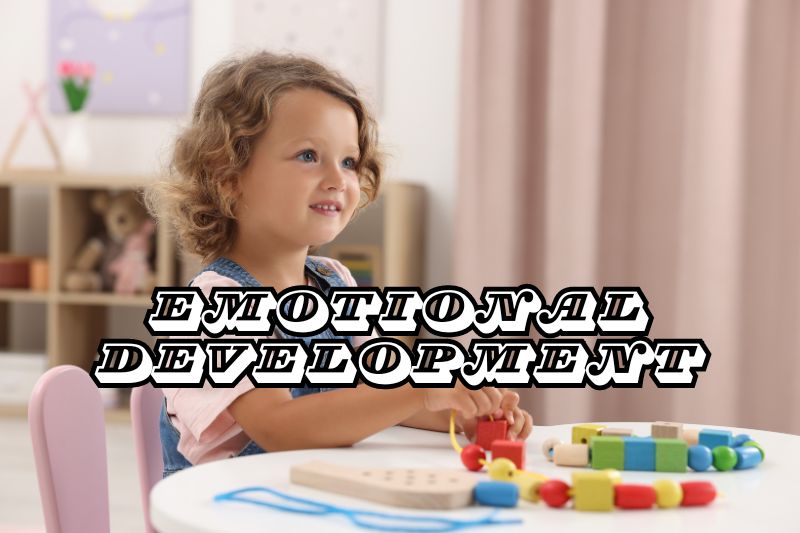
Building with wooden blocks can be a calming and satisfying activity. It helps children express their emotions and can be a therapeutic way to manage stress and frustration. Successfully completing a project boosts confidence and self-esteem.
8. Introduces Scientific Concepts
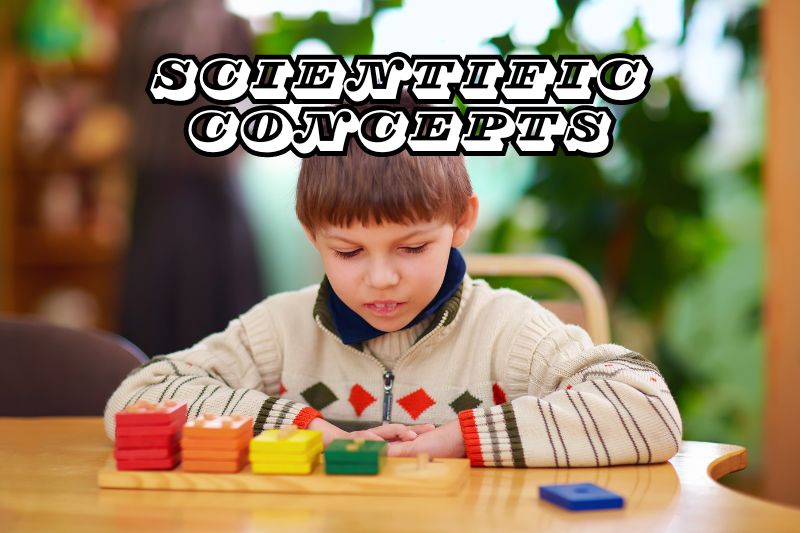
Wooden blocks can also introduce basic scientific principles. Concepts such as gravity, balance, and cause and effect become evident when children play with blocks. This hands-on experience makes learning science fun and intuitive. Understanding how gravity affects block structures teaches about gravity.
Discovering how to balance blocks to prevent them from toppling introduces the concept of balance. Seeing the relationship between actions and outcomes helps understand cause and effect. These scientific concepts are made tangible through play.
9. Fosters Independence
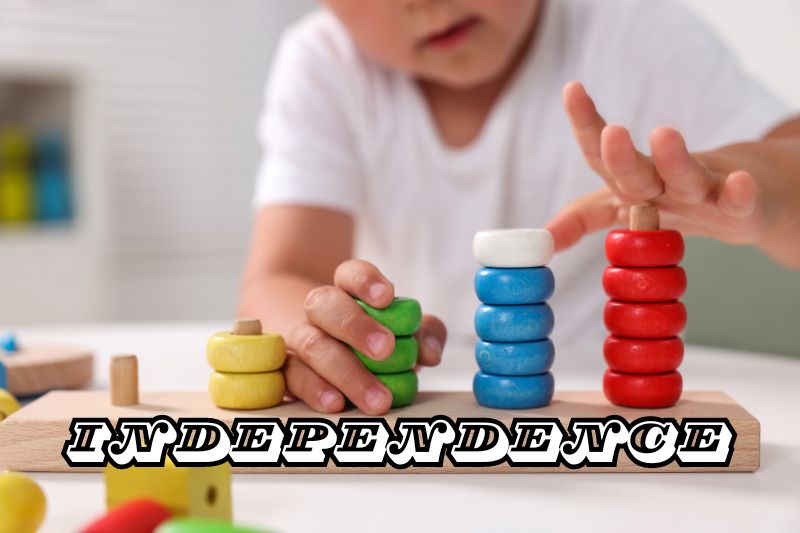
Playing with wooden blocks allows children to take control of their playtime. They can make their own decisions about what to build and how to build it, fostering independence and decision-making skills. Making decisions about what to build encourages independent thinking. Solving problems independently develops self-reliance.
Successfully completing a project boosts confidence and autonomy. These skills are important for fostering independence.
10. Sustainable and Safe
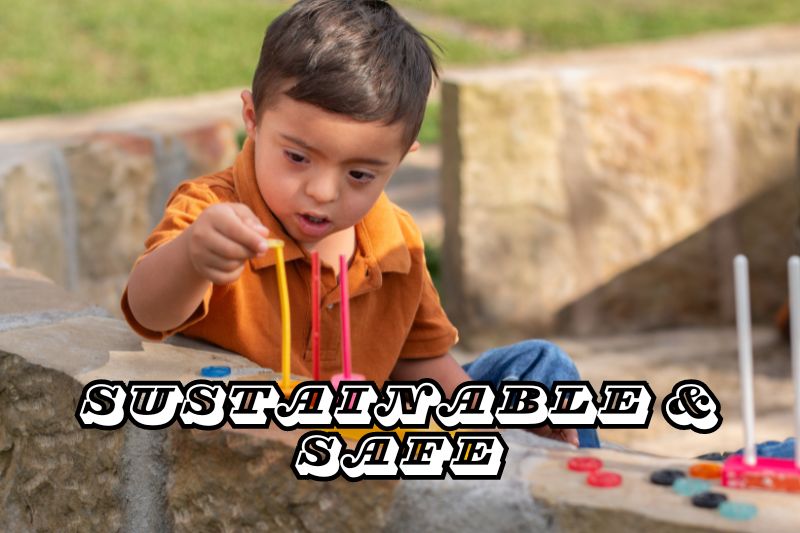
Wooden blocks are typically made from natural, non-toxic materials, making them a safe choice for children. They are durable and can withstand years of play, making them an environmentally friendly option compared to plastic toys. Non-toxic materials ensure safety for children to handle and mouth.
The durability of wooden blocks means they can last through years of play. Being made from sustainable materials makes them eco-friendly.
These qualities make wooden blocks a responsible choice for parents.
In Summary
Wooden blocks are more than just simple toys. They are powerful tools that support various aspects of child development. From fine motor skills to emotional growth, these versatile toys provide endless opportunities for learning and growth. Investing in a set of wooden blocks means investing in your child’s future, fostering skills that will benefit them for a lifetime.
